Imran Khan has been sentenced to 10 years in prison.
Pakistan’s former prime minister was given a decade in jail in the missing cypher case.
Pakistan Tehreek-e-Insaf vice-president Shah Mehmood Qureshi was also given the same sentence.
Imran’s sentence was handed down inside Adiala jail, where he has been confined for much of the time since his August arrest and buried under an avalanche of court cases he says have been orchestrated to prevent his return to office.
This is far from the only case against Imran.
But what do we know about the case? And what other cases is Imran facing?
Let’s take a closer look:
The missing cypher saga
The case refers to a confidential diplomatic cable being made public.
It all began in March 2022.
Imran, brandishing the confidential document at a rally in Islamabad, claimed it contained details of a threat made by the United States against his government.
Imran said it showed an “international conspiracy” backed by the US to topple his regime.
Imran did not divulge the contents of the letter. Nor did he mentionthe name of the nation that had sent it.
However, a few days later, Imran said that the letter was about former Pakistan ambassador to the US Asad Majeed’s meeting with Assistant Secretary of State for South and Central Asia Affairs Donald Lu.
Quick Reads
View AllImran claimed the letter read “all will be forgiven for Pakistan if Imran Khan is removed from power”.
Imran and the PTI have consistently claimed that the US has conspired to remove him from office.
Both Washington and even Pakistan’s National Security Council have denied this allegation.
Months later, two audio leaks brought the cypher back into the spotlight when audio leaks revealed that Imran, then federal minister Asad Umar and Imran’s then-principal secretary Azam Khan were discussing how the cypher could be used to their benefit.
Following the audio leak in October 2022 the Shehbaz Sharif government then gave the green signal to initiate action against the former prime minister and handed over the case to the FIA.
The case then took a turn when Azam Khan, according to a report by GeoTV, “recorded” a statement, terming the US cypher a “conspiracy” used by the ex-PM to “manipulate for creating a narrative against establishment and Opposition”.
**Also read: Does Pakistan’s Imran Khan have a future in politics after being jailed?**Following this, Pakistan’s then interior minister Rana Sanaullah said that Khan had committed a crime for which he should be “punished at all costs”.
“Making a classified document or a (piece of) information public and then taking it into one’s possession – no person is legally eligible to have it (cypher) in their custody,” he said.
Sanaullah further was quoted by news agency PTI as saying, “The law department’s opinion would be the final (decision) on this, but I think the Official Secrets Act is more relevant (in this case).”
The minister also likened the case to proceedings initiated against former US president Donald Trump on allegations of mishandling classified documents and said that Azam Khan said that the ex-premier told him that the “cypher had gone missing but my assessment is that he (Imran) still has it”.
What’s in the missing cypher?
But what exactly are the contents of the missing cypherl?
According to_The Intercept_, Lu in the cable raised the issue of the no-confidence vote against Imran.
“I think if the no-confidence vote against the prime minister succeeds, all will be forgiven in Washington because the Russia visit is being looked at as a decision by the prime minister,” Lu said.
“Otherwise, I think it will be tough going ahead.”
Lu warned that if the situation wasn’t resolved, Pakistan would be marginalised by its Western allies. “I cannot tell how this will be seen by Europe but I suspect their reaction will be similar,” Lu said, adding that Imran could face “isolation” by Europe and the US should he remain in office.
Asked about quotes from Lu in the Pakistani cable, state department spokesperson Matthew Miller was later quoted as saying, “Nothing in these purported comments shows the United States taking a position on who the leader of Pakistan should be.” Miller said he would not comment on private diplomatic discussions.
Imran’s myriad legal woes
This is far from the only case against Imran.
The former prime minister says that since his ouster in 2022, around 150 cases have been lodged against him.
In August, Imran was sent to three years in prison in the Toshakhana case.
An Islamabad court found the former prime minister guilty of illegally selling state gifts worth more than 140 million Pakistani rupees during his tenure as premier from 2018 to 2022.
The sentence was later suspended but Imran remains behind bars in connection with other cases. He has said that he legally purchased the items. Government officials have alleged Imran’s aides sold the gifts in Dubai.
A list of these gifts shared by a former information minister included perfumes, diamond jewellery, dinner sets and seven watches, six of them Rolexes - the most expensive being a “Master Graff limited edition” valued at 85 million rupees ($304,000).
Imran was previously arrested for four days on charges that he and his wife received land as a bribe through the Al-Qadir Trust - a charitable trust set up by Bushra Watto, Khan’s third wife, and Khan in 2018 when still in office. Pakistani authorities have accused Imran and his wife of receiving the land, worth up to 7 billion rupees from a property developer charged in Britain with money-laundering.
Authorities also accused Imran of getting the land in exchange for a favour to the property developer by using 190 million pounds repatriated by Britain in the money laundering probe to pay fines levied by a court against the developer.
Imran’s aides have previously said that the land was donated to the trust for charitable purposes. The real estate developer has also denied any wrongdoing.
‘Murder of justice’
“This is murder of justice,” said Tauseef Ahmed Khan, a human right activist and political analyst.
“But his popularity among the people will grow in leaps and bounds as his sympathisers will increase because of this gross injustice.”
The PTI has been largely absent from the public sphere in the runup to elections.
The party has been stripped of its election symbol, and candidates forced to run as individuals.
At the same time Nawaz Sharif, head of one of the dynastic parties which have historically helmed Pakistan, has returned from self-imposed exile and seen his myriad convictions dissolve in the courts.
Analysts say it’s a sign the three-time former prime minister is the favoured candidate of the top brass, who have directly ruled Pakistan for much of its history.
According to Pakistan’s constitution, elections must be held within 90 days of parliament being dissolved – which happened five months ago in August.
The election commission blamed the delay on the need to redraw constituency boundaries following a new census in 2023.
In the interim Pakistan has been ruled by a caretaker government regarded as pliable by the military establishment.
With inputs from agencies


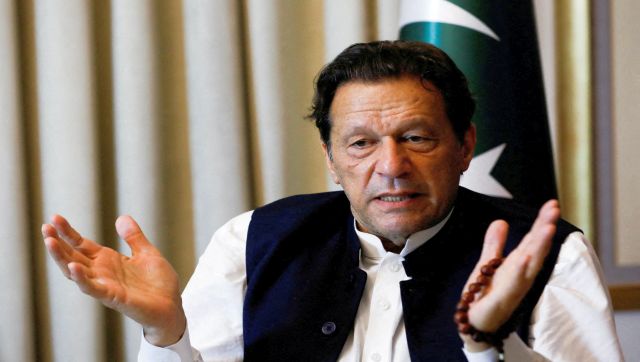)
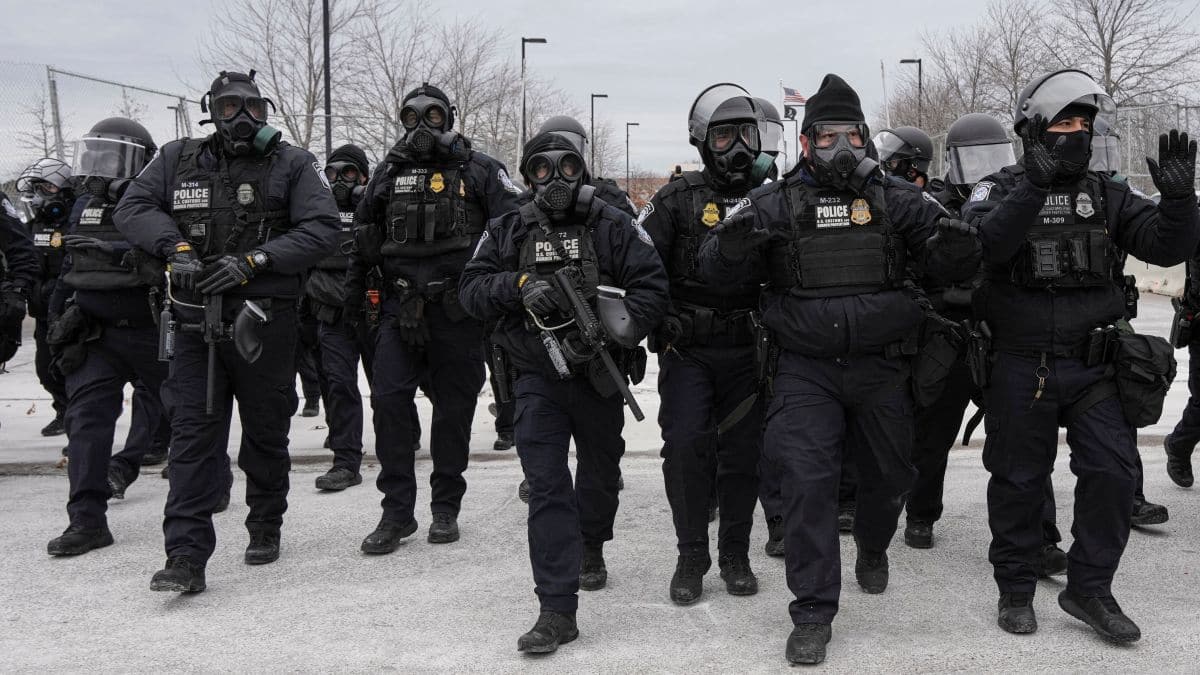
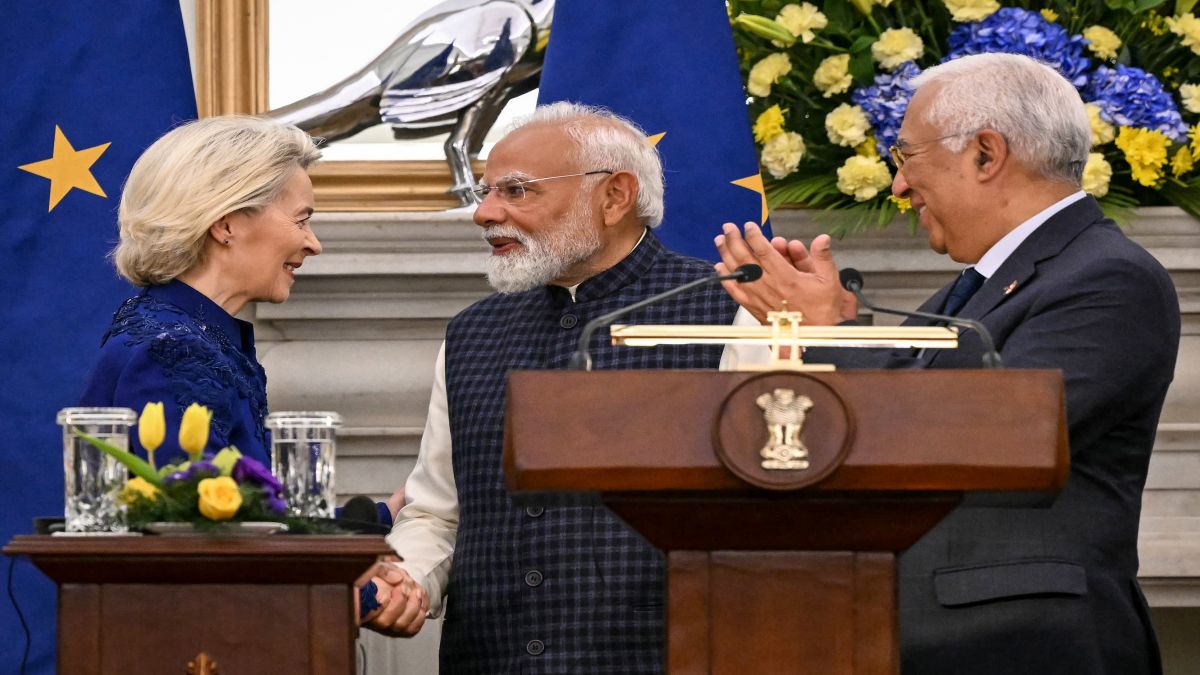)
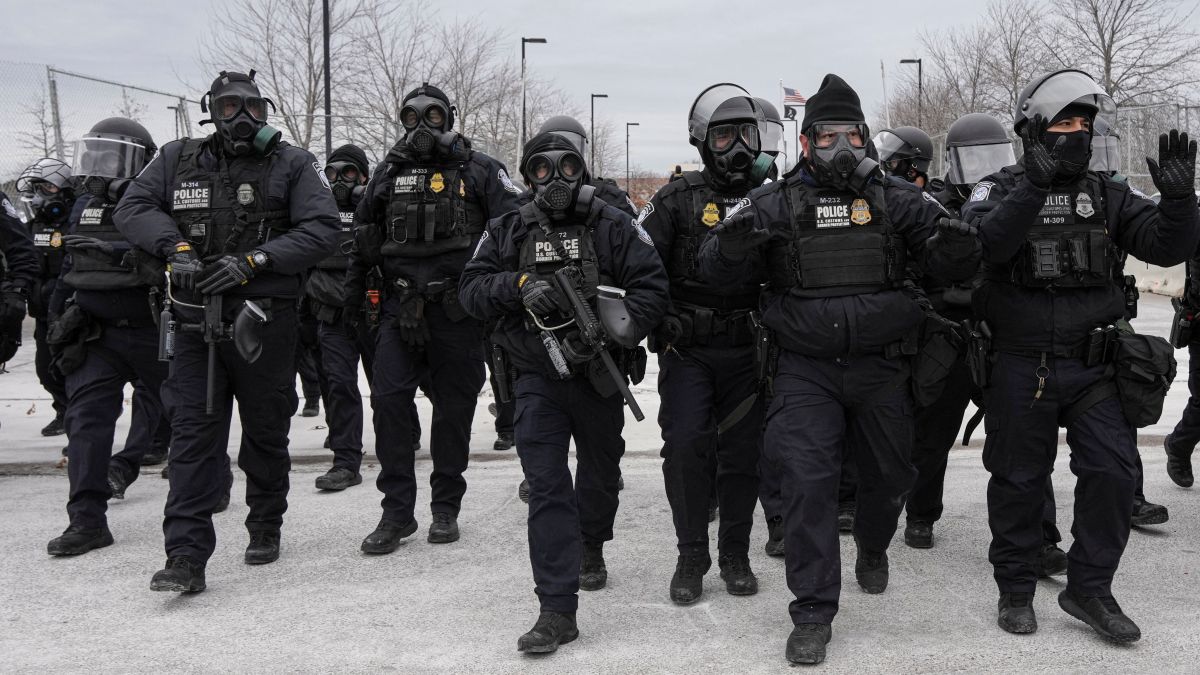)
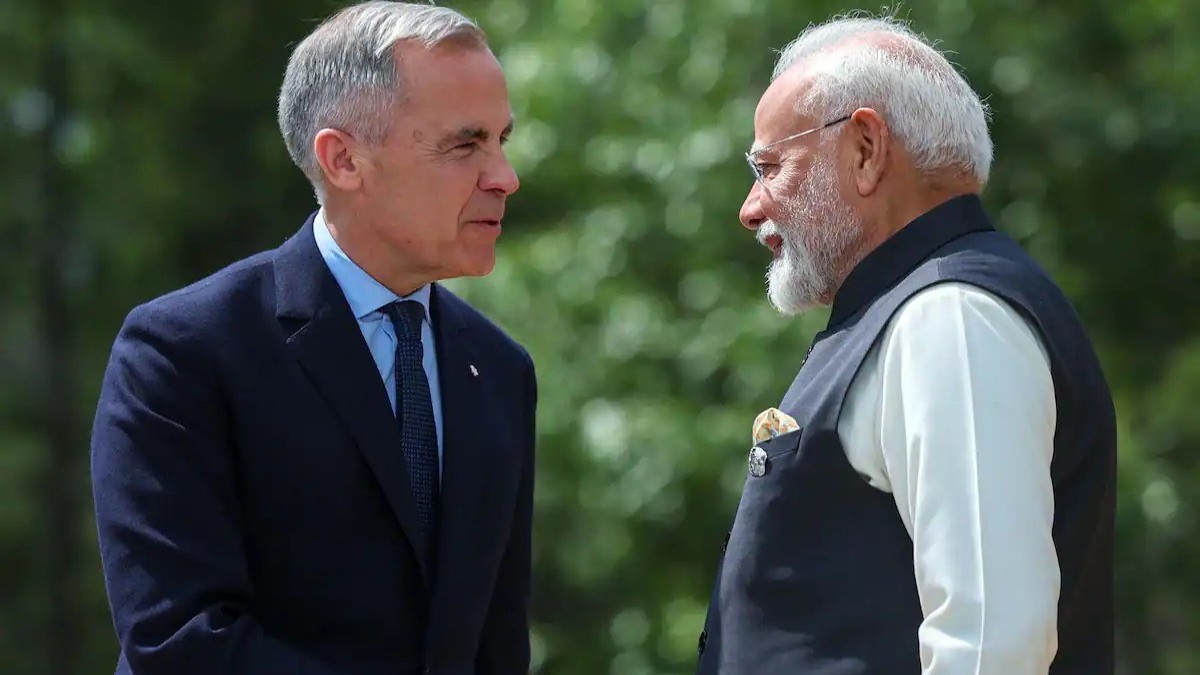)
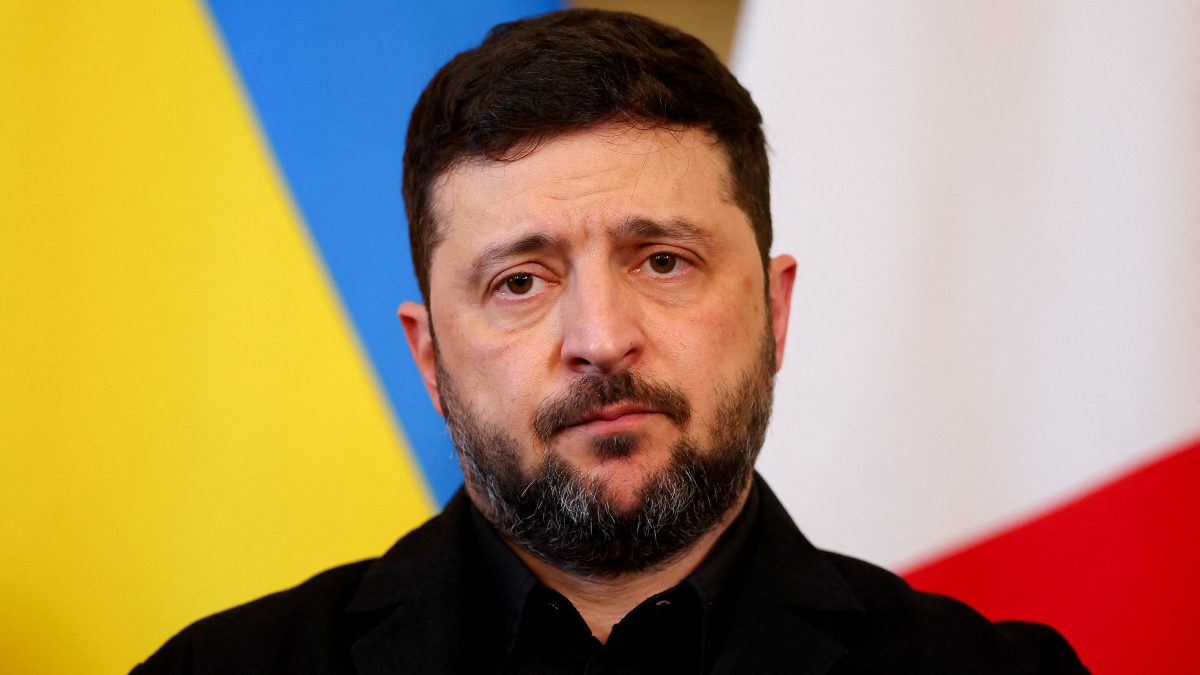)
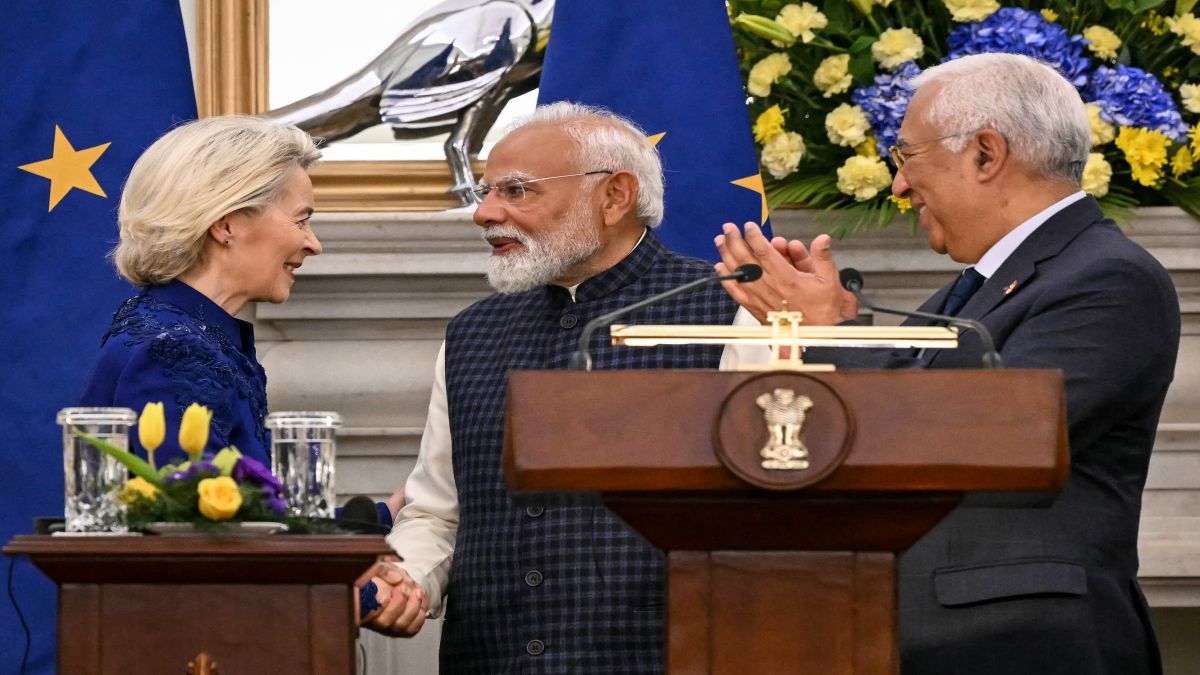)
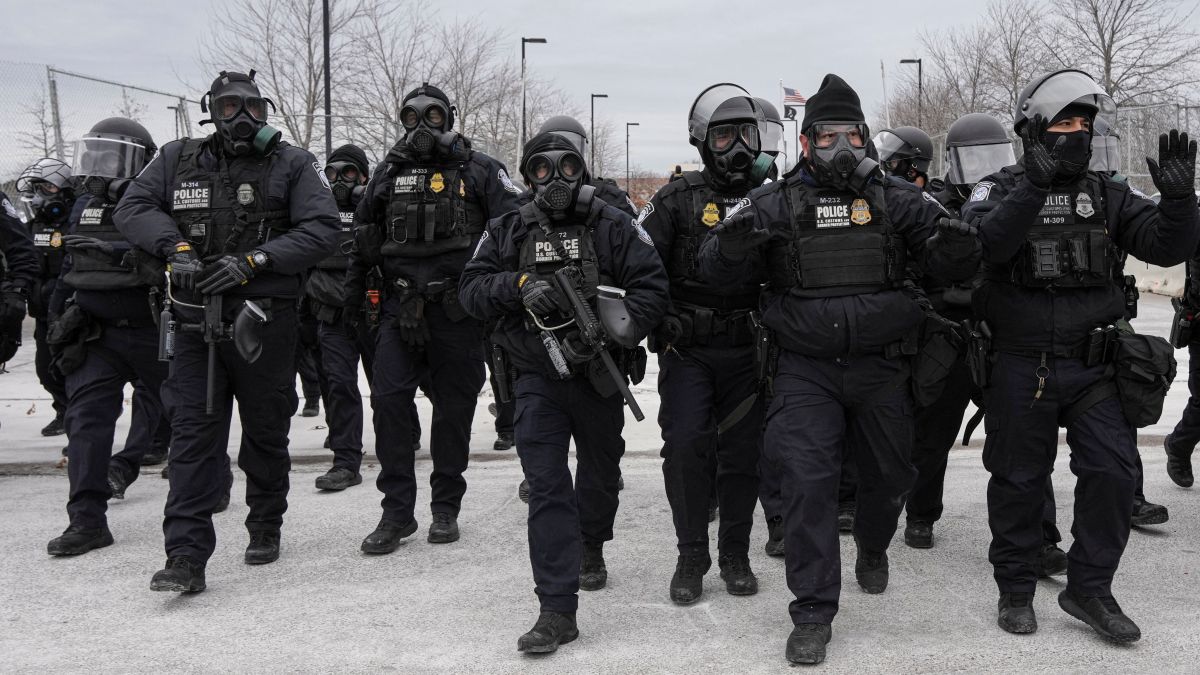)
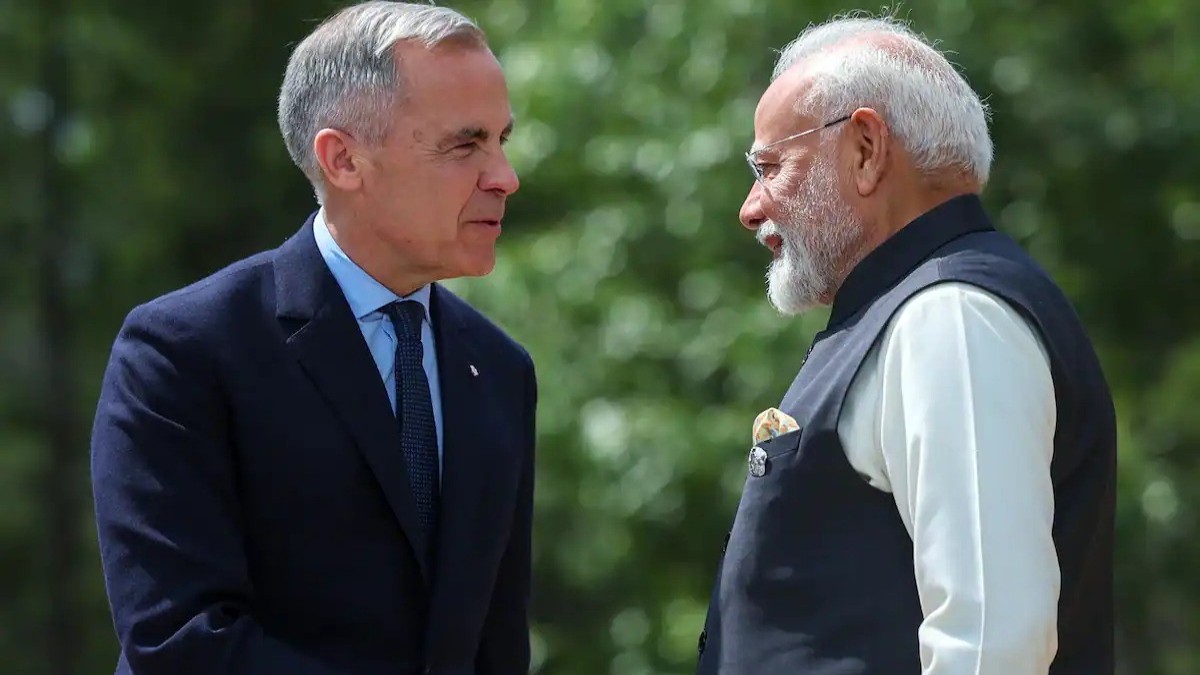)
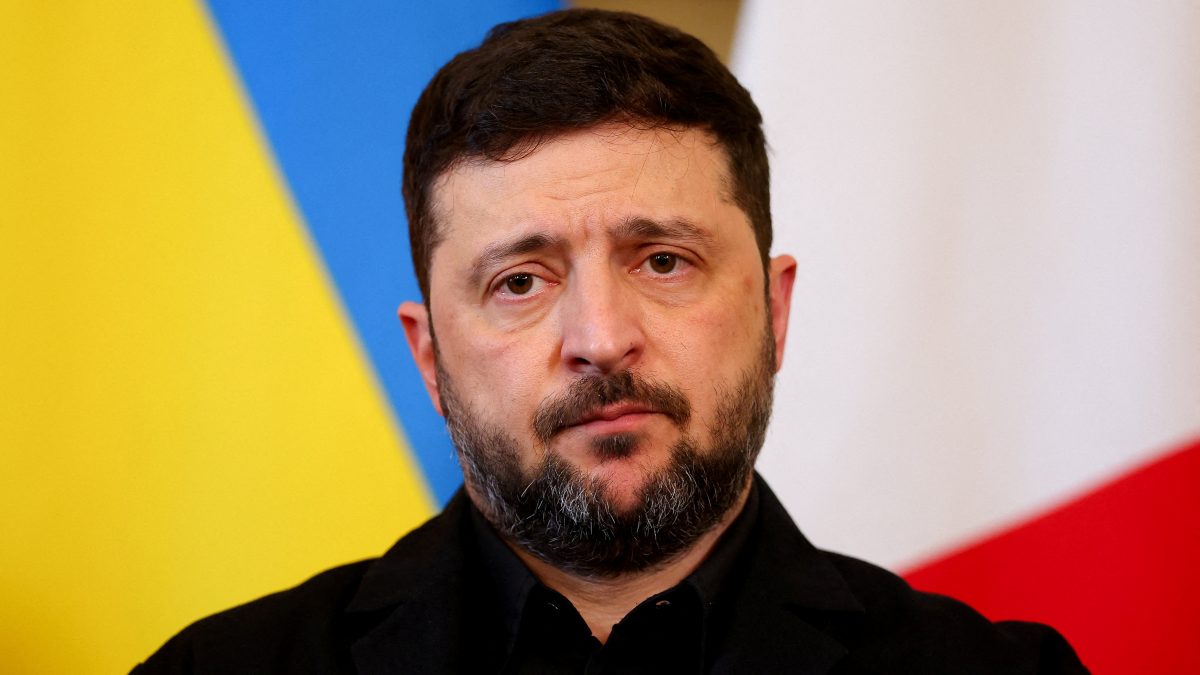)



